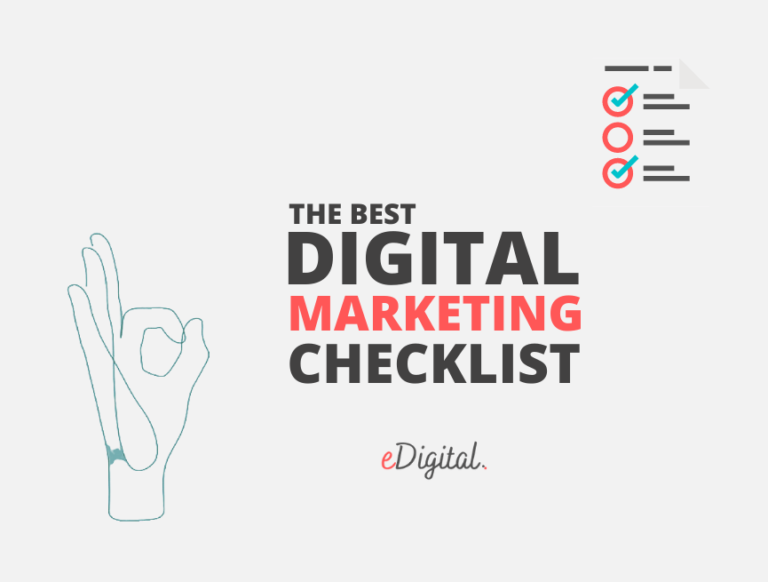Digital marketers face numerous challenges in data orchestration and utilization, as highlighted in Lotame’s “The 2024 State of Data Collaboration: A Global Perspective” research report. This comprehensive guide aims to provide actionable strategies for marketers to make smarter decisions in the ever-evolving digital landscape.
Key takeaways from the research report include the following:
1. Data challenges: 98% of marketers and agencies encounter barriers in data orchestration and utilization, such as identifying quality sources, first-party data limitations, and internal data silos.
2. First-party data: 70% of respondents view first-party data as crucial, but face challenges like unstable identifiers (email, mobile IDs) that lead to data collaboration considerations.
3. Third-party cookies: While there is continued reliance on third-party cookies, there is a shift towards a portfolio approach in identity solutions.
4. Programmatic spending: There has been a decline in programmatic spending, with an equal split between budgets for walled gardens and the open web.
5. Tech stack: There is a surge in technology adoption, especially in marketing automation and data collaboration platforms. Retirement of analytics platforms and clean rooms signal ongoing challenges.
6. Clean rooms: Widely used but facing scrutiny due to costs and scaling challenges, leading to a balanced adoption and retirement rate.
7. Data collaboration platforms: Emerging as versatile tools for unifying data, uncovering insights, and improving audience targeting, showcasing tangible positive outcomes.
Actionable items for marketing teams based on the research findings:
Data Strategy:
– Evaluate current data orchestration processes and identify barriers to address.
– Prioritize the collection and activation of first-party data through strategic collaborations.
– Monitor reliance on third-party cookies and diversify identity solutions proactively.
Technology Investments:
– Plan for the adoption of new marketing technologies with robust data orchestration capabilities.
– Conduct a comprehensive evaluation of the current tech stack to identify outdated technologies.
– Explore data collaboration platforms to unify disparate data sources and enhance targeting.
Marketing and Advertising:
– Balance programmatic spending between walled gardens and the open web.
– Advocate for greater transparency in real-time bidding for optimal investments.
– Adopt a portfolio approach to identity solutions for comprehensive reach and targeting.
Clean Room Management:
– Evaluate the ROI of clean rooms and consider alternatives if costs outweigh benefits.
– Address technical challenges associated with clean rooms, including integration of authenticated IDs and specialized data expertise.
The Lotame research report, “The State of Data Collaboration: A Global Perspective,” offers valuable insights for marketers looking to turn data challenges into opportunities. The report covers key topics such as data quality, open web vs. walled gardens, tech stack requirements, and the importance of data collaboration platforms.
In conclusion, digital marketers can leverage the actionable strategies outlined in the Lotame research report to make informed decisions and navigate the evolving data landscape effectively.
FAQs:
1. What are the main challenges faced by marketers in data orchestration?
Marketers struggle with identifying quality data sources, first-party data limitations, and internal data silos.
2. Why is first-party data considered urgent by 70% of respondents?
First-party data is crucial for marketers, but challenges like unstable identifiers lead to considerations for data collaboration.
3. What is the significance of a portfolio approach in identity solutions?
A portfolio approach helps reduce dependency on third-party cookies and ensures comprehensive reach and targeting.
4. How can marketers balance programmatic spending between walled gardens and the open web?
Marketers can advocate for transparency in real-time bidding and adopt a mix of methods for optimal investments.
5. Why are data collaboration platforms emerging as versatile tools for marketers?
Data collaboration platforms help unify data sources, uncover insights, and improve audience targeting, leading to tangible positive outcomes for marketers.
